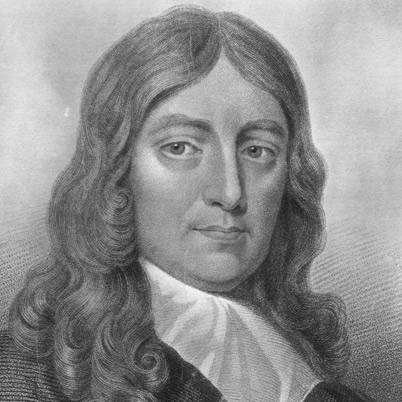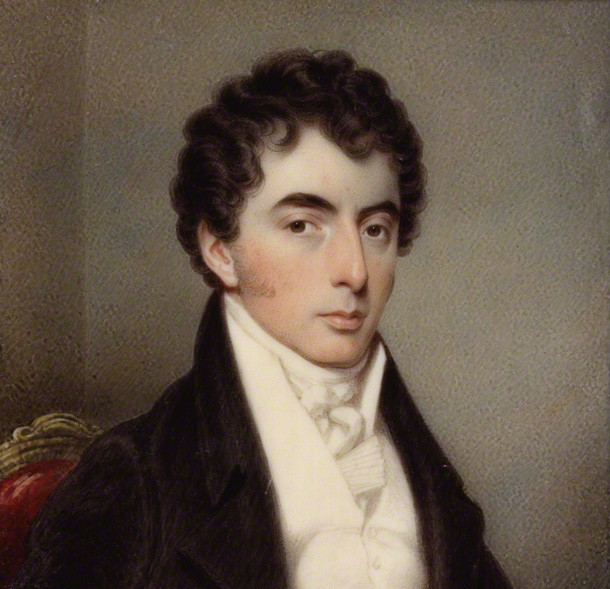John Milton is one of the best-known English poets of the Romantic era, a period where poetry was about the personification of nature, and a new movement of aesthetics was evolved. John Milton is known for some of his best poems, like Daffodils.
How Soon Hath Time: Summary
Here, I am going to look upon one of his famous sonnets, “How soon hath Time, the subtle thief of youth,” where he writes about the aging and meaningless life that he is pursuing. This sonnet was written on the 9th of December 1631 and had an autobiographical touch to it. Do through How Soon Hath Time: Summary by John Milton.
“How soon hath Time, the subtle thief of youth
Stol’n on his wing my three-and-twentieth year!
My hasting days fly on with full career,
But my late spring no bud or blossom shew’th.”
In these lines, Milton speaks about how time flies by and adds numbers to his age. He says that youth has been stolen by the time and has added the age of twenty-three to his life. This could mean that he has written this poem on his 23rd birthday; he calls time a thief of youth, which slowly has taken different phases of life away from him. Here, he personifies time with a bird, which takes his age away on its wings. He says that his prime time of life is being spent on his career and work, where he sees no reason or purpose. In the last line, he says that even though e is spending his prime time of life in his career, he sees no fruit or result of his hard work that is taking all of the time of his life.
“Perhaps my semblance might deceive the truth
That I to manhood am arriv’d so near;
And inward ripeness doth much less appear,
That some more timely-happy spirits endu’th.”
In these lines, Milton speaks about how age is just adding numbers of his life, of the many years that he has lived, but it has nowhere brought any kind of physical maturity in him. He says that he still does not look masculine and that his age is not visible in his appearance. He still looks like a boy younger than he actually is. In the last lines, he says that he is also unhappy in life with his failure of being a poet and lacking a respectable standing of a high man.
“Yet be it less or more, or soon or slow,
It shall be still in strictest measure ev’n
To that same lot, however, mean or high,
Toward which Time leads me, and the will of Heav’n:
All is if I have grace to use it so
As ever in my great Task-Master’s eye.”
In these lines, Milton comes to terms with reality and says that he needs the time and blessings of God. He says that sooner or later, be it a small amount or large; he will be blessed by Him. He says that time will lead him towards the gates of heaven or to the pit of hell, it is his destiny, and with time he will arrive there. John Milton says that he would wait and see the grace of the “Task-Master,” or God, anticipate for his blessings that may his fortunes change into better someday.
In these lines, there is some kind of introspection and acceptance that is seen. A poet is a religious person, and he believes that someday God will show him the purpose of his life and lead him to his destiny. The term “Task-Master” implies that he considers that everything in the world is pre-planned by God, and He is the master behind all that happens around in the world. Read more:- How Soon Hath Time Analysis by John Milton.
Some online learning platforms provide certifications, while others are designed to simply grow your skills in your personal and professional life. Including Masterclass and Coursera, here are our recommendations for the best online learning platforms you can sign up for today.
The 7 Best Online Learning Platforms of 2022
- Best Overall: Coursera
- Best for Niche Topics: Udemy
- Best for Creative Fields: Skillshare
- Best for Celebrity Lessons: MasterClass
- Best for STEM: EdX
- Best for Career Building: Udacity
- Best for Data Learning: Pluralsight















